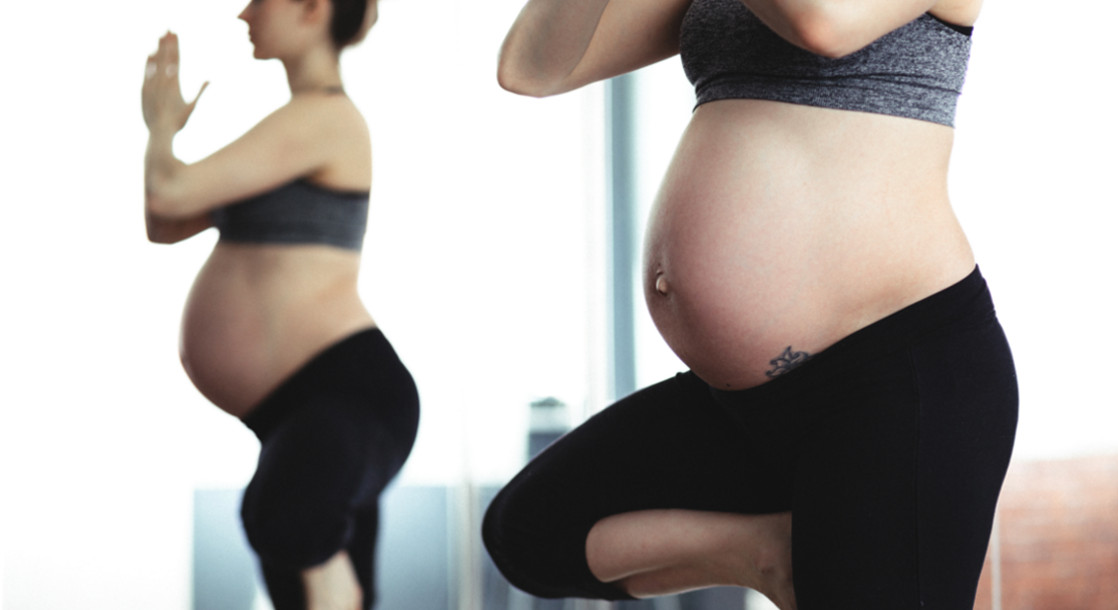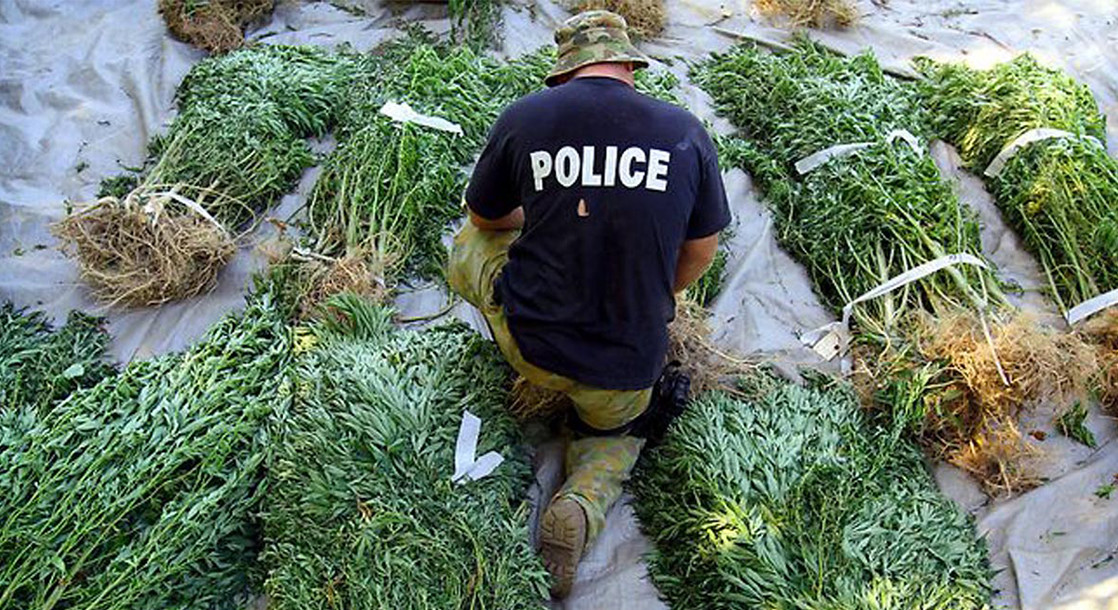A new research study has found that the number of pregnant California women who use marijuana has increased over the past decade, raising concerns over whether pot-puffing mothers are putting unborn children at risk. A research team from Kaiser Permanente Northern California in Oakland found that the rate of pregnant women who used cannabis rose from 4% in 2009 to 7% by 2016. The rates were significantly higher among younger women, with pot use for pregnant teens under 18 growing from 13% to nearly 22% in the study period, and from 10% to 19% among women aged 18 to 24.
The researchers looked at data from 279,457 pregnant women who were treated at Kaiser Permanente facilities in California. As part of their standard prenatal practice, doctors at these centers asked women to fill out a questionnaire regarding their past-month drug use while they were around eight weeks pregnant. Two to four weeks later, women would be given lab tests to check for drugs as part of their screening. The researchers found that 55% of the women who tested positive for pot had not admitted to using the drug on the questionnaires, but also found that 16% of women who tested negative admitted to using marijuana.
A 2016 study by the National Institute on Drug Abuse (NIDA) found that the rate of pregnant women who admitted to smoking cannabis increased nationwide from 2.5% in 2002 to 4% in 2014. Although 96% of the respondents did not use marijuana while pregnant in 2014, the 62% increase in use was significant. Other research has suggested that somewhere between 2 and 13% of pregnant women use cannabis worldwide. The lead authors of the Kaiser Permanente study, Kelly Young-Wolff and Dr. Nancy Goler, told Reuters that their study improved upon these earlier studies because it relied on lab tests for results, and not solely self-reporting of drug use among participants.
The health benefits of cannabis can appeal to pregnant women for a number of reasons. Around 1% of pregnant women suffer from a disorder called hyperemesis gravidarum, a condition causing extreme nausea and vomiting that can lead to dehydration and dangerous weight loss. Cannabis — well known for its anti-nausea effects — has proved more effective than pharmaceutical drugs for some women suffering from this disorder. Other pregnant cannabis users have reported that weed helped them recover their appetite, relieved morning sickness, and aided other nausea-related issues.
There is currently no medical consensus on whether or not a mother's cannabis use can affect her unborn child's development. “We are just scratching the surface in terms of understanding cannabis use in pregnancy,” Dr. Marcel Bonn-Miller of the University of Pennsylvania Perelman School of Medicine in Philadelphia explained to Reuters. Medical cannabis research is difficult to undertake in the U.S. due to the federal prohibition of marijuana, and many studies on prenatal cannabis use suffer from small sample sizes or other issues that prevent researchers from making definitive conclusions on the topic.
A research study conducted in the Netherlands found that 54 children who had been exposed to cannabis prenatally had developed a thicker prefrontal cortex — the part of the brain responsible for decision-making. However the researchers did not identify any connections between this abnormality and any health or cognitive issues. Another study has confirmed that a mother can pass THC from pot that she has consumed to her child via breast milk, and some studies have pointed out correlations between prenatal cannabis use and developmental problems in children. But again, researchers have had difficulty separating cannabis exposure from other environmental or social factors, and have yet to establish any conclusive evidence proving whether or not prenatal cannabis use is safe.











